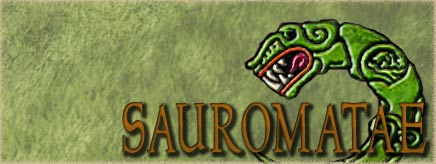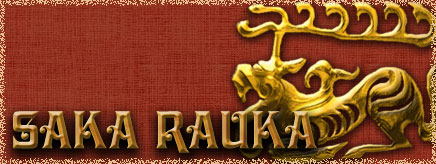"When an Irish king is inaugurated, he is inaugurated in a wedding to the goddess of the land.
"It is his role to ensure through his marriage to the goddess that the cattle will be protected from plague and the people will be protected from disease.
"If these calamities should occur, the king will be held personally responsible. He will be replaced, he will pay the price, he will be sacrificed."
Nipple evidence
Eamonn says that Cashel Man fits this pattern because his body was found on a border line between territories and within sight of the hill where he would have been crowned. He suffered significant violent injuries to his back, and his arm shows evidence of a cut from a sword or axe.
However, a critical piece of information that would cement this argument is missing.
Because Cashel Man's chest was destroyed by the milling machine that uncovered him, the researchers are unable to examine the state of his nipples.
In the other two bog body cases, says Eamonn Kelly, the nipples had been deliberately damaged.
"We're looking at the bodies of kings who have been decommissioned, who have been sacrificed. As part of that decommissioning, their nipples are mutilated.
"In the Irish tradition they could no longer serve as king if their bodies were mutilated in this way. This is a decommissioning of the king in this life and the next."



 Reply With Quote
Reply With Quote

 donated by ARCHIPPOS for being friendly to new people.
donated by ARCHIPPOS for being friendly to new people. donated by Tellos Athenaios as a welcome to Campus Martius
donated by Tellos Athenaios as a welcome to Campus Martius









Bookmarks